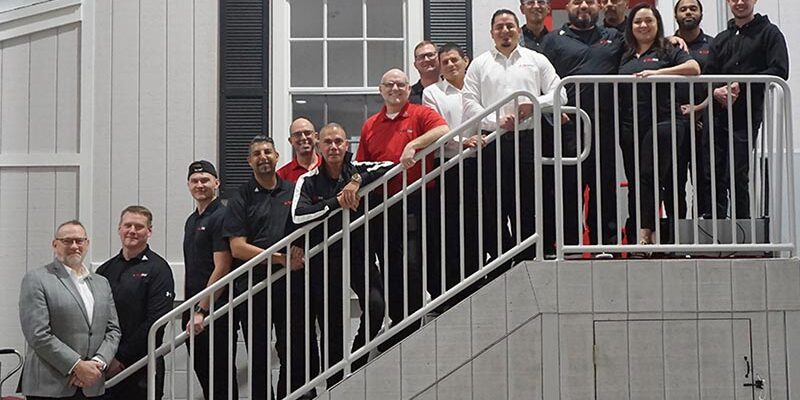Living As If

Entrepreneurs by nature are dreamers.
Henry Ford dreamed about more efficient ways to produce automobiles and built a company around doing so. Andrew Carnegie dreamed of better, more profitable ways to make steel and amassed a fortune doing so. Steve Jobs dreamed of better ways to create, communicate, organize or just have fun and, in the process, reframed the definition of computers.
Overall, we dream of the way things could be, or the way they should be, and then we create businesses around trying to make those dreams into reality.
But just as easily as we live in a world of better tomorrows, we also live in a world of denial. We know things we sometimes wish we didn’t or don’t want to acknowledge we know. So we act as if the things we know don’t exist.
While this can be a good survival strategy from time to time, it’s also where we frequently get ourselves into trouble. Let me explain.
The very act of starting a business is, in its own way, an act of denial. We know the statistics on the survival rates of new businesses: 24 percent won’t make it past their first year; 67 percent will fail within the first five years. But we start our companies anyway. We look these statistics in the eyes and deny that they apply in our particular circumstances. We act “as if” our business will defy the stacked odds. Thank goodness we do, and hail to those who survive to tell stories about their successes. From an early age, most of us have been taught to “think positively;” to view the glass as half full rather than half empty. Countless books have been written on the power of positive thinking.
As a result, it’s easy to believe if we aren’t thinking positively we’re being unfaithful to our own possibilities or that “positive thinking” alone will make everything turn out alright in the end. Unfortunately, however, positive thinking does not change reality.
As business owners, we can run into trouble when our positive “can do” attitude causes us to see everything through rose-colored glasses. It can prove lethal when we ignore important, but uncomfortable, facts or when our key people avoid bringing us troubling news for fear of reprisal or fear of being viewed as less than a team player.
If you’re a business owner, you can avoid a lot of unpleasantness by asking yourself what you and your company are doing right now that might be viewed in five years as a case study in ignoring facts.
Are you and your team discussing and addressing the realities surrounding your business, however difficult some might be, so you can make informed decisions? Or are you engaging in what Roland Bénebou calls “mutually assured delusion” by only talking about the pleasant facts while ignoring the unpleasant ones?
Most businesses don’t die suddenly. They die slow, painful deaths because their owners ignored warning signs of their declining health or the ailments that afflict them until it is too late. They continue to live “as if” the perfect tomorrow is just around the corner as long as they think positively enough.












